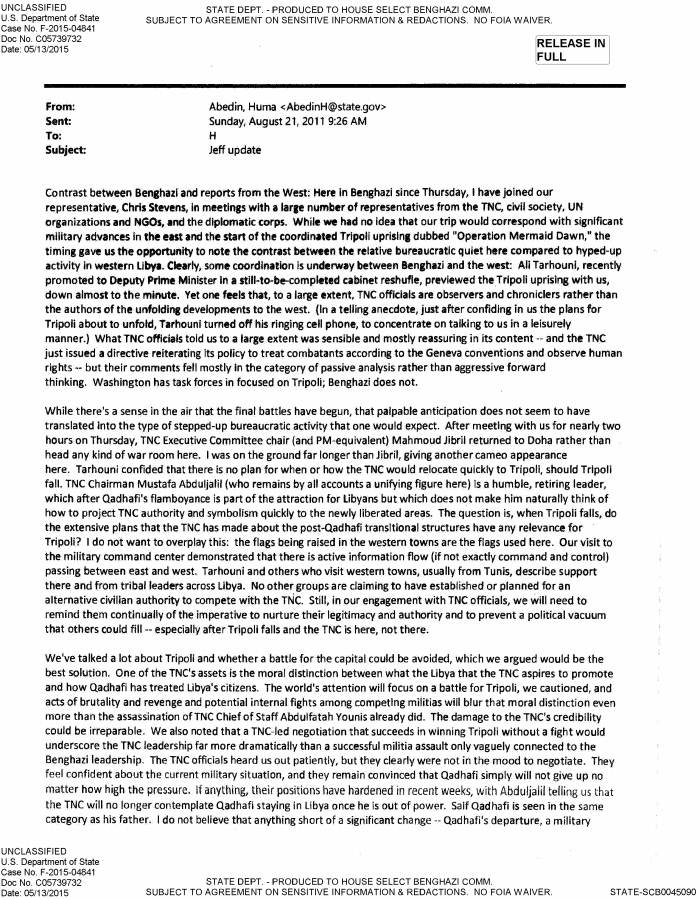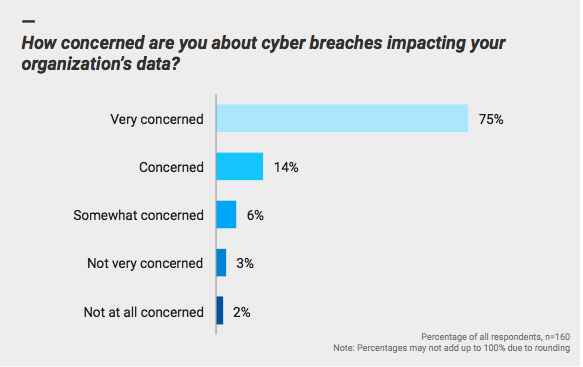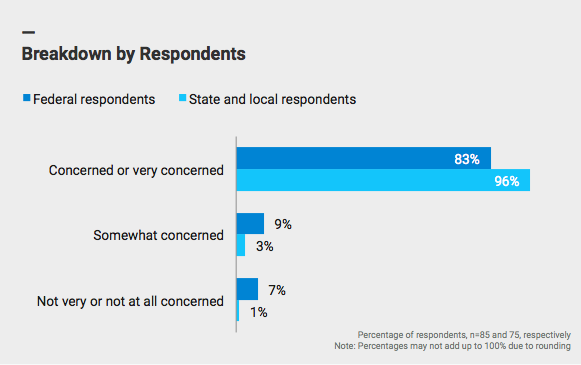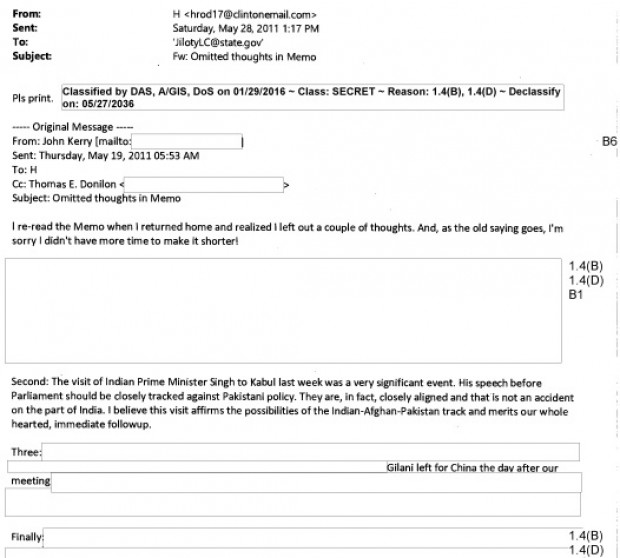Okay, it is coming out at a furious speed, so Bernie Sanders will enjoy this or will it be Biden or Bloomberg that are dancing? Where is lil’ Debbie Wasserman Schultz these days? Oh how about Barack, Huma, Cheryl, or Sid viscous or Cody? Tyler Drumheller is dead….but the Hillary clandestine network had huge discussions at the State Department to the point of issuing her own system. The problem is Hillary did not know how to use a computer, so that flippant statement about wiping a server with a cloth as I have said before was in fact innocent, she has no clue. Calling Brian Pagliano, call holding on line 3. What about all those mobile devices? What about all the hardcopies that Hillary asked to have digital communications printed for her?
Plans For Hidden IT Network To Help Clinton Skirt Rules Uncovered by Judicial Watch
‘We should … set up a stand-alone PC in the Secretary’s office, connected to the internet (but not through our system) to enable her to check her emails from her desk’
(Washington, DC) – Judicial Watch announced today that it recently received records from the Department of State disclosing plans by senior State Department officials to set up a “stand-alone PC” so that Clinton could check her emails in an office “across the hall” through a separate, non-State Department computer network system. Referencing the special Clinton computer system, Under Secretary for Management Patrick F. Kennedy, writes Clinton Chief of Staff Cheryl Mills, “The stand-alone separate network PC is a great idea.” The emails are from January 23-24, 2009, a few days after Clinton was sworn in as Secretary of State.
The new emails were obtained by Judicial Watch in response a court order in a Freedom of Information Act (FOIA) lawsuit for State Department records about Hillary Clinton’s separate email system (Judicial Watch, Inc. v. U.S. Department of State (No. 1:15-cv-00689)).
In the email chain, Lewis Lukens, former deputy assistant secretary of state and executive director of the secretariat, responds to a request from Mills by informing her, top Clinton aide Huma Abedin, and Kennedy that the new personal computer “in the secretary’s office” would be “connected to the internet (but not through our system).” Abedin responds, “We are hoping for that if possible.”
The email exchange discussing plans to provide Clinton a separate computer to skirt the internal State Department computer network begins with a message from Mills to Lukens in which she requests Clinton being able to access her emails through “a non-DOS computer.” The email discusses how the stand-alone computer can be set up and why it is “a great idea’ and “the best solution:”
From: Cheryl Mills
Sent: Friday, January 23, 2009 6:45 AM
To: Lukens, Lewis A
Subject: Re: Series of questionsLew – who can I talk to about:
- Can our email be accessed remotely through the web using a non-DOS computer like my laptop?
- I am traveling to the M-E – will my DOS bb work there and is there a cell phone attached?
- Spoke to Dan [Daniel B. Smith, former DOS executive secretary] re: bb for HRC (and reports that POTUS is able to use a super encrypted one which)
- Spoke to Dan re: setting up Counselor office for HRC so she can go across hall regularly to check her email
***
From: Lukens, Lewis A
To: cmills [REDACTED]
Cc: Habedin [REDACTED]; Kennedy, Patrick F; Smith, Daniel B
Sent: Saturday, Jan. 24, 19:10:33 2009
Subject: Re: series of questionsWe have already started checking into the NSA bb. Will set up the office across the hall as requested. Also, I think we should go ahead (but will await your green light) and set up a stand-alone PC in the Secretary’s office, connect to the internet (but not through our system) to enable her to check her emails from her desk. Lew.
From: Kennedy, Patrick F KennedyPF@state.gov
To: Lukens, Lewis A <LukensLA@state.gov>; Cheryl Mills
Cc: Huma Abedin; Smith, Daniel B <SmithD2@state.gov>
Sent: Sat, Jan 24 19:48:25 2009
Subject: Re: Series of questionsCheryl
The stand-alone separate network PC is [a] great idea
Regards
Pat
From: Huma Abedin
To: Kennedy, Patrick F; Lukens, Lewis A; Cheryl Mills
Cc: Huma Abedin; Smith, Daniel B
Sent: Sat Jan 24 19:48:27 2009
Subject: Re: Series of questionsYes we were hoping for that if possible so she can check her email in her office.
***
From: Lukens, Lewis A
Sent: Saturday, January 24, 2009 8:26 PM
To: Kennedy, Patrick F
Subject: Re: Series of questionsI talked to Cheryl about this. She says a problem is hrc does not know how to use a computer to do email – only bb [Blackberry]. But, I said would not take much training to get her up to speed.
In separate litigation, the State Department told Judicial Watch and federal courts that Hillary Clinton was never issued secure State Department computing devices.
“These emails are shocking. They show the Obama State Department’s plan to set up non-government computers and a computer network for Hillary Clinton to bypass the State Department network,” said Judicial Watch President Tom Fitton. “That these records were withheld from the American people until now is scandalous and shows the criminal probe of Hillary Clinton’s email system should include current and former officials of the Obama administration.”
Judicial Watch filed these new emails with U.S. District Court Judge Emmett Sullivan, who is now considering whether to grant discovery in a lawsuit seeking information on the “special government employee” status of Abedin. In its filing, Judicial Watch states:
[Judicial Watch] just recently received additional evidence that demonstrates that senior management at the State Department was well aware that Mrs. Clinton was using a “non-state.gov” system to conduct official government business. This evidence also shows that the senior management at the State Department knowingly aided Mrs. Clinton in establishing and using a “non-state.gov” system.
***
[T]his newly discovered email demonstrates that there is at least a “reasonable suspicion” that the State Department and Mrs. Clinton deliberately thwarted FOIA by creating, using, and concealing the “clintonemail.com” record system for six years.




